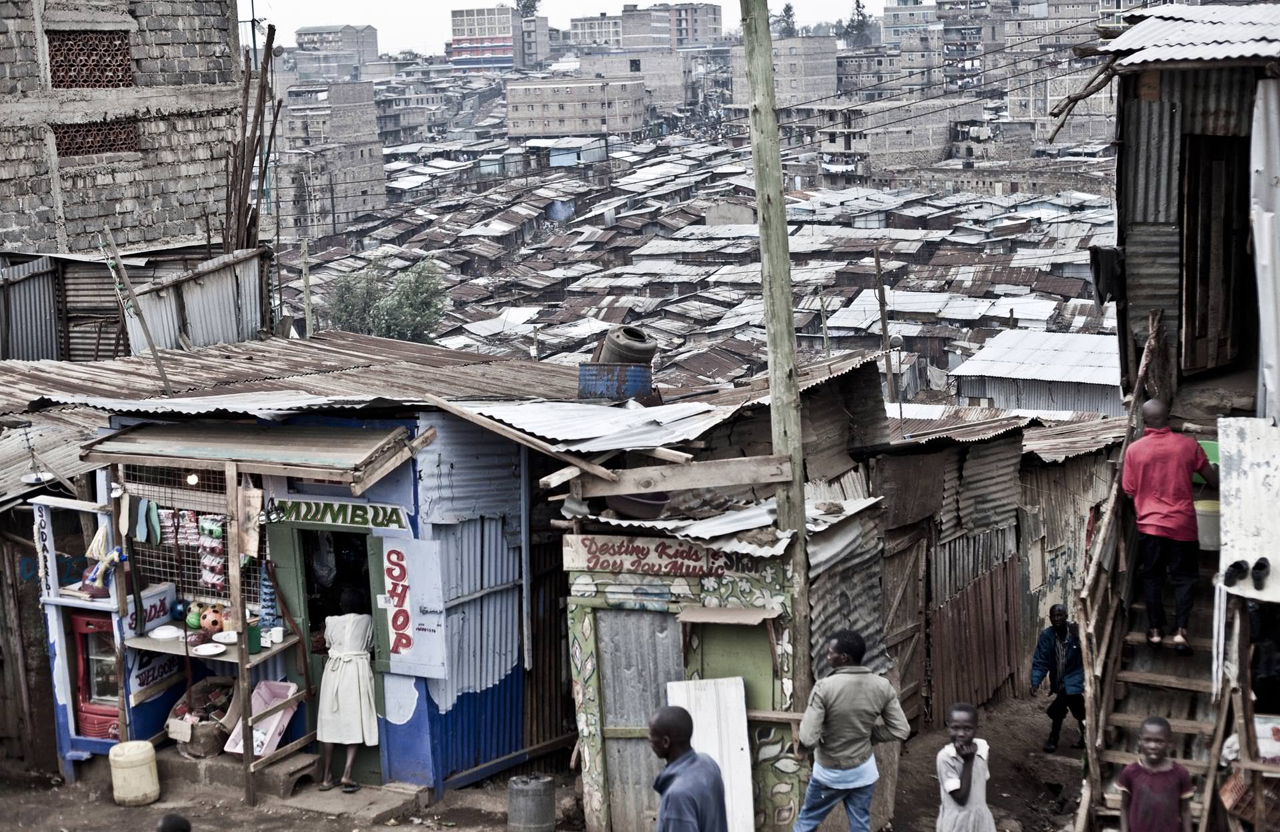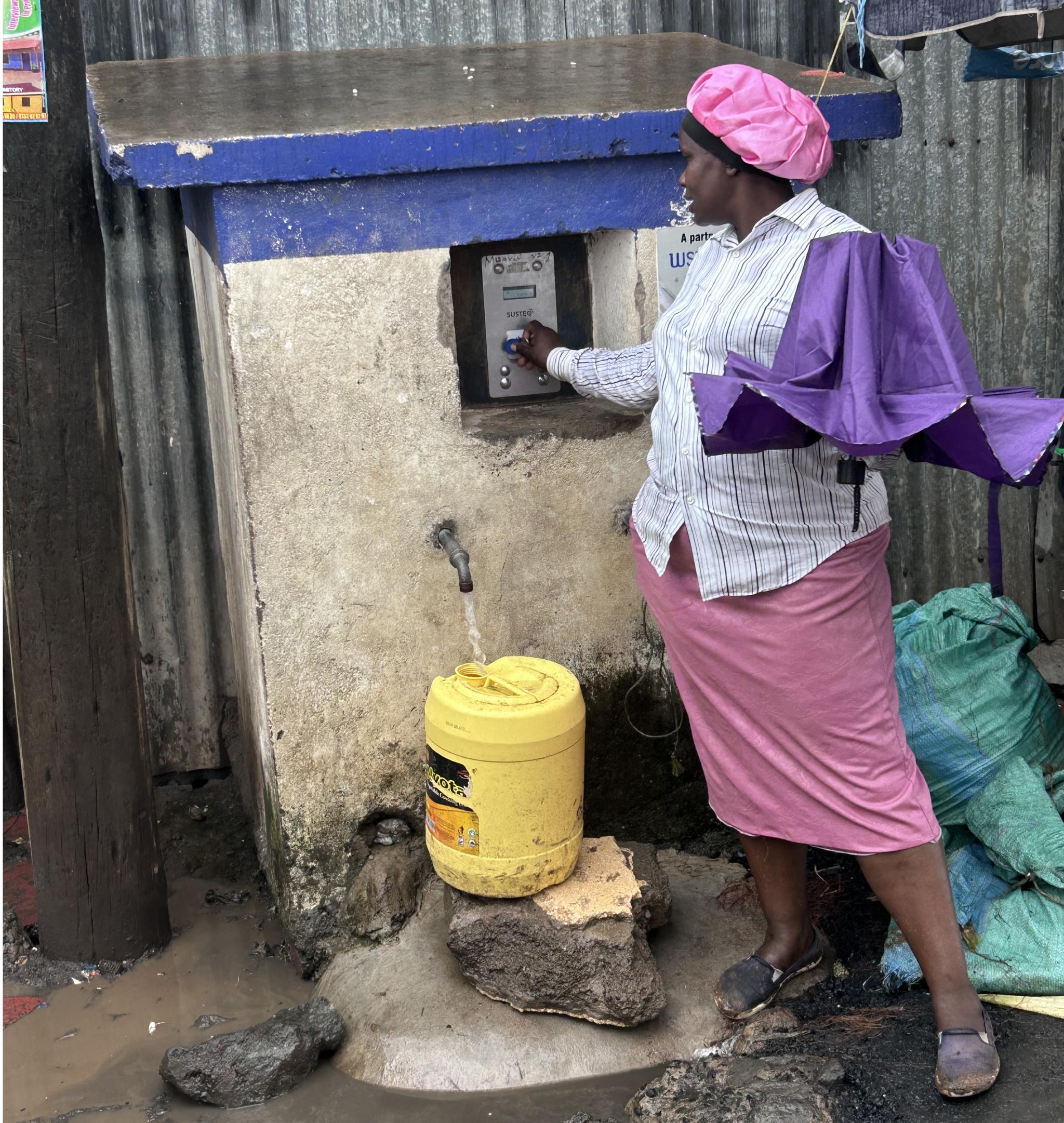How can digitalisation empower communities in rapidly urbanising areas? This question is central to a new research project exploring the digital transformation of Nairobi’s informal settlements, including Mathare. This initiative, part of the Nairobi Urban Hub, investigates the opportunities and challenges created by digital tools and works to co-create solutions with local communities.
Mathare, home to over 200,000 residents, is seeing rapid digitalisation. Mobile phones are widespread, with residents using them to access essential services, job opportunities, and even social networks. However, alongside these opportunities come challenges, including unreliable infrastructure, limited digital skills, and risks such as exploitative gig work and online credit traps. The project aims to understand how digitalisation impacts residents and how community-driven solutions can address these challenges. One such approach involves the co-creation of digital training and employment centres, designed to offer skills training, access to digital tools, and support for entering the digital economy.

Collaborative solutions for community empowerment
The study explores how digital training and support centres can improve conditions in informal settlements. Research head Jan Fransen explains:
Most of these digital training centres fail because the computers aren't maintained, or the training is ineffective. We need to find new working methods that meet the needs of slum residents”.
By tailoring solutions to the needs of residents, the project ensures that digital hubs provide practical and meaningful support, from job training to access to services. This project exemplifies how research and community collaboration can address the challenges of urban digitalisation and create new opportunities for empowerment.

The co-creation process involves researchers, government representatives, and local community leaders working together. Community researcher Samuel Kiriro highlights the value of this approach:
This collaboration between the government and residents is a breath of fresh air, especially in a time when we often find ourselves on opposite sides.”
BOLD contribution: Vera Safronova
The project also benefits from the contributions of Vera Safronova, a former student of the BOLD Cities minor and junior researcher. Vera co-authored the Guidelines to Cocreate Digital Hubs in Informal Settlements, which provide actionable recommendations for designing inclusive and sustainable digital hubs. Her work is part of BOLD Cities’ ongoing efforts to address the social impacts of urban digitalisation.
